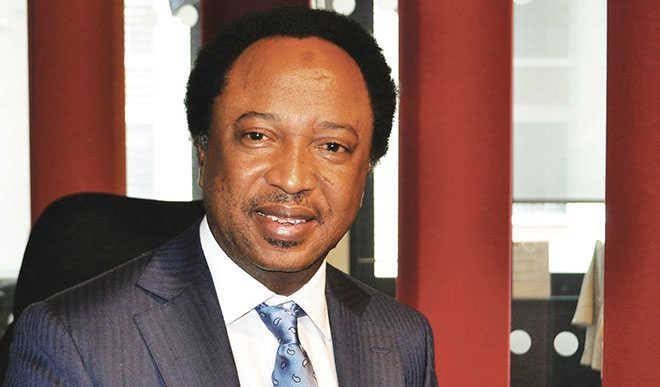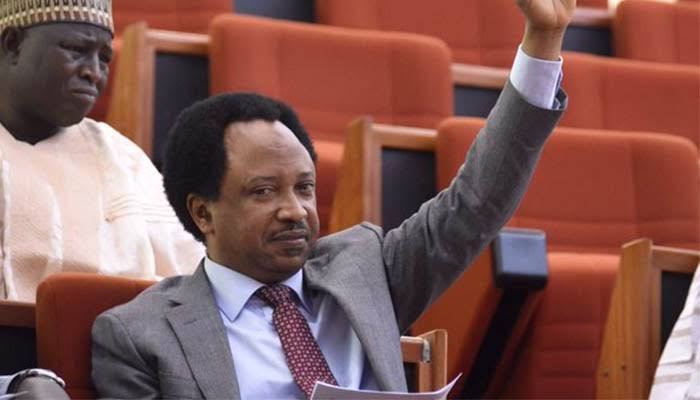Former Kaduna Central Senator Shehu Sani has issued a bold appeal for fines to be imposed on Nigerians who have a Permanent Voter’s Card (PVC) but do not vote during elections. Sani, a significant player in Nigerian politics, believes that imposing fines on people who do not vote will address the country’s chronic problem of low voter turnout. According to him, this would instill a sense of responsibility in registered voters and encourage increased involvement in the election process.
Low voter participation has long been a problem in Nigeria, where millions of residents register to vote but only a small percentage actually vote. This has raised fears that election results may not accurately reflect the will of the people. Shehu Sani believes that low voter turnout arises from complacency, and that the only way to change this behaviour is to make it costly for those who decline to vote. He thinks that persons having a PVC who do not vote should face significant fines as a deterrence.

Sani’s advice comes amid mounting concern about the health of Nigeria’s democracy, where indifference and disengagement continue to undermine the democratic process. He emphasises that having a PVC should be more than just a sign, but also a commitment to actively participating in the country’s administration. Sani believes that establishing voting a legal necessity with financial implications will inspire more people to vote, guaranteeing that elections are more representative of the population’s choices.
Furthermore, the former politician emphasises that voting is both a right and a civic duty. He contrasts Nigeria to other democratic countries that penalise nonvoters. Sani believes Nigeria may take inspiration from these countries, suggesting that such policies could improve the country’s political situation.

Critics of this concept, however, have expressed concerns regarding its feasibility and fairness. Some claim that putting fines on non-voters may disproportionately affect persons who face voting difficulties, such as those living in remote regions, people with disabilities, or those who work long hours and are unable to vote owing to practical reasons. These critics argue that the government should prioritise making voting more accessible over punishing individuals who do not vote.
Shehu Sani admits these problems, but believes the focus should be on reducing voter apathy. He emphasises that electoral changes should include both penalties for non-voters and increases in voting accessibility, such as extending voting hours, establishing more polling stations in rural locations, and increasing the use of technology to streamline the process.

The initiative has provoked widespread controversy in Nigeria’s political sector. While some regard the concept as a vital step towards increasing voter participation, others see it as an intrusion on personal freedoms. Regardless, Shehu Sani’s suggestion for sanctions on those with PVCs who fail to vote has revived debate about Nigeria’s democracy and the need for electoral reform.